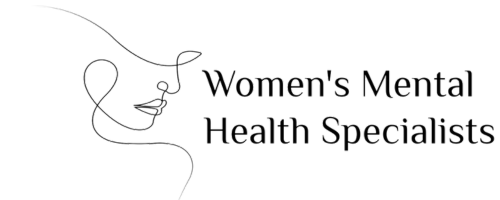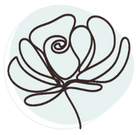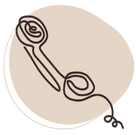
Postpartum depression (PPD) is a common mental health disorder that affects new mothers after childbirth. It is characterized by a range of symptoms, including extreme sadness, anxiety, irritability, and fatigue. PPD can significantly impact a mother’s ability to care for her child, her relationships, and her overall quality of life. While it can be challenging to recognize and diagnose, seeking treatment for PPD is essential for a mother’s well-being and her child’s health.
Psychotherapy: A Powerful Treatment Option
One of the most effective treatments for PPD is psychotherapy, also referred to as talk therapy. Psychotherapy involves meeting with a mental health professional to discuss the mother’s feelings, experiences, and concerns. The therapist will work with the mother to identify negative thought patterns, develop coping strategies, and manage symptoms. Individual therapy, group therapy, and couples therapy are all options for PPD treatment. In some cases, medication may be prescribed in combination with psychotherapy for optimal results.
Medication for Postpartum Depression
While psychotherapy is often the first-line treatment for PPD, medication can be an effective option for some mothers. Antidepressants are commonly prescribed for PPD and work by restoring the balance of chemicals in the brain that regulate mood. Selective serotonin reuptake inhibitors (SSRIs) are the most commonly prescribed antidepressants for PPD, as they are safe for breastfeeding mothers. However, it is important to note that medication should only be taken under the guidance of a healthcare provider, as some antidepressants can have side effects.
Alternative Therapies for Postpartum Depression
In addition to traditional treatments such as psychotherapy and medication, alternative therapies may be helpful for some mothers with PPD. Acupuncture, massage therapy, and yoga are a few treatments that improve symptoms of depression and anxiety. While the evidence for these therapies is still limited, they are generally considered safe and may be worth exploring as part of a comprehensive treatment plan.
Self-Care for Postpartum Depression
Self-care is essential to PPD treatment and can involve various activities that promote physical and emotional well-being. Exercise, healthy eating, and getting enough sleep are all crucial for a mother’s health. Additionally, finding time for activities that bring joy and relaxation, such as reading, listening to music, or spending time with loved ones, can help reduce stress and improve mood. It is important for mothers to prioritize their own needs and seek support from family and friends to manage the demands of caring for a new baby.
Conclusion
Postpartum depression is a challenging and often overwhelming condition that can profoundly impact a mother’s life. However, it is important to remember that effective treatment options are available. Psychotherapy, medication, alternative therapies, and self-care strategies are all important components of a comprehensive treatment plan. With the right support and resources, mothers can successfully manage PPD and enjoy the joys of motherhood. It is essential to seek help as soon as possible if you or someone you know is struggling with PPD.
If you’re seeking mental health treatment tailored to women, you’ve come to the right place. As a nurse practitioner specializing in providing mental health care to women in Kentucky, Tennessee, and Florida, I offer online counseling services catering to your individual needs and experiences as a woman. Whether you are grappling with anxiety, depression, or simply seeking someone to confide in, I support you.
Take the first step towards improved mental health. Reach out and book your appointment today!


